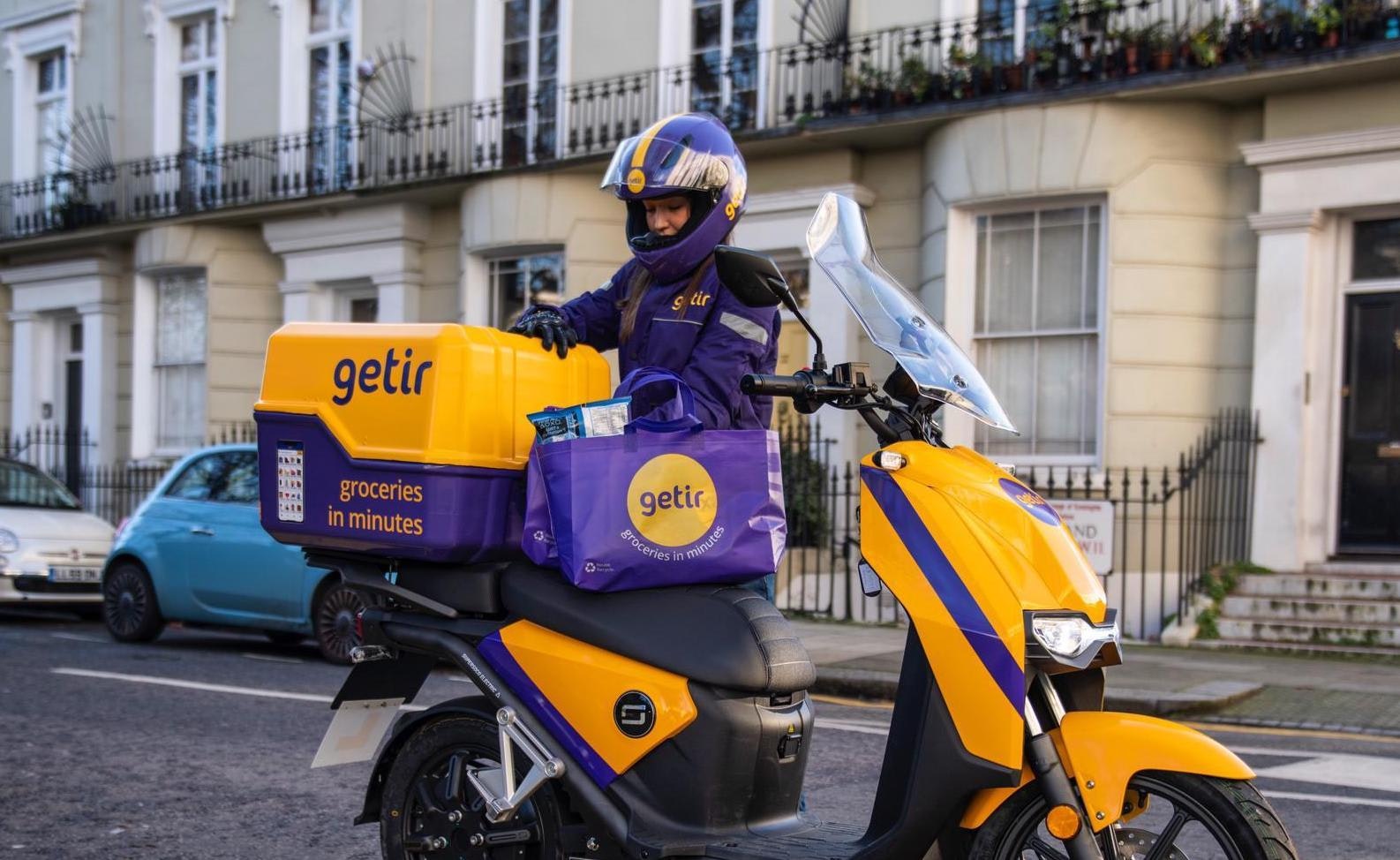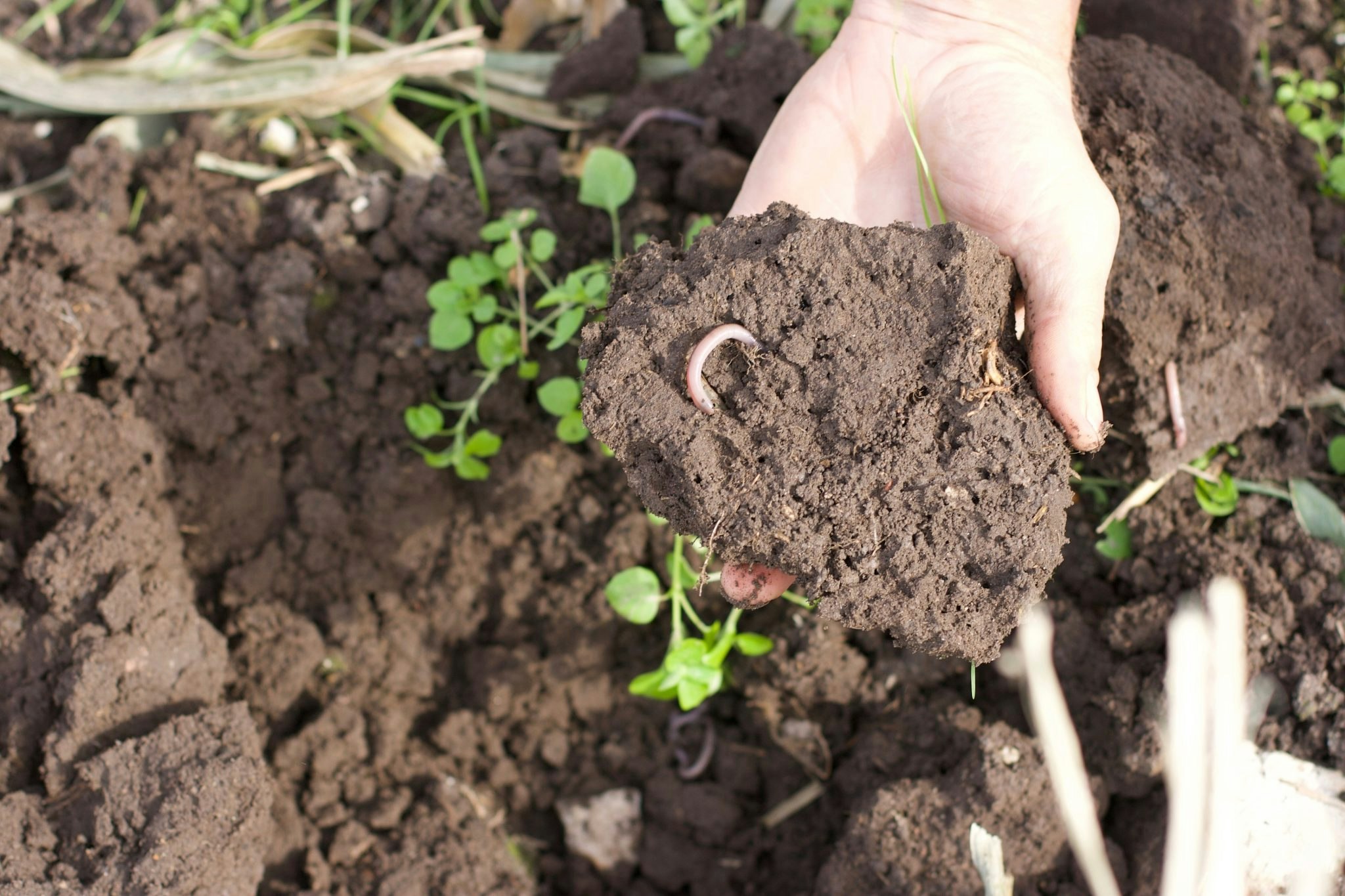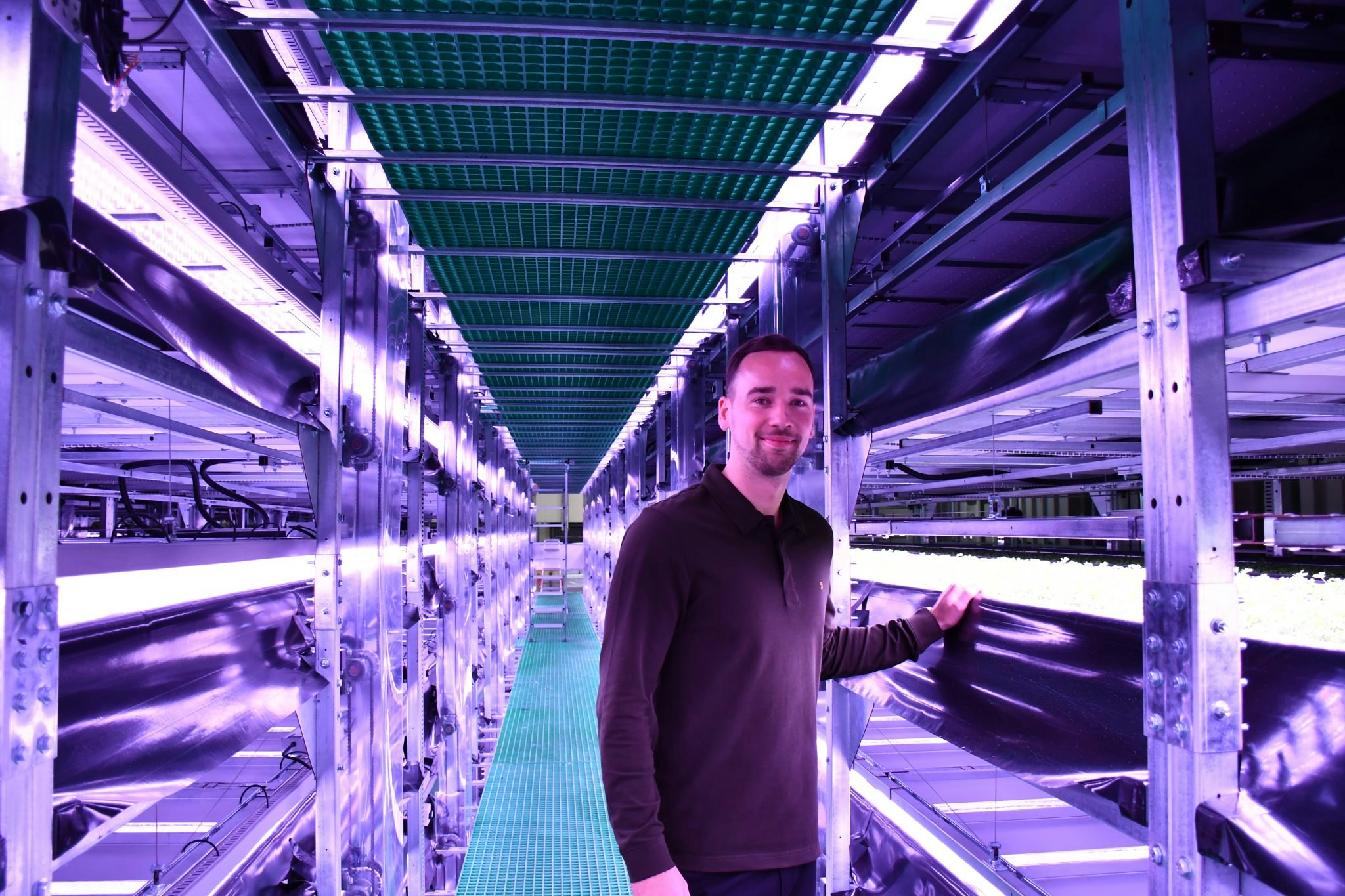Lockdowns across the UK have hampered a vital revenue stream for plant-based meat makers, who had been driving growth through restaurant deals. In response, many have shifted focus to supermarkets.
One of these is UK-based alternative meat brand Moving Mountains, which has gone from having zero retail presence in the UK to generating 32% of its 2020 revenues from supermarkets.
The alt-meat maker started selling via Sainsbury’s stores in January 2020, before launching with Ocado and Waitrose in June and July, respectively. Speaking to Sifted, Moving Mountains says its retail sales are now growing at an average of 30% month-on-month.
Switching up the sales strategy
“The original goal for Moving Mountains was to dominate the foodservice and hospitality industry,” says Simeon Van der Molen, who founded the company in 2015. “We were named on menus across the UK, but all that came to an end when the government shut everything down.”
Moving Mountains has been selling its B12 Burgers in UK restaurants since 2018, when Marston’s became the first pub chain in the UK to sell a ‘bleeding’ veggie burger, and has since expanded to supplying restaurant chains across Europe and in Dubai. Takeaway services have allowed some of these sales to continue, but lockdowns mean the company is achieving nowhere near the 300% year-on-year food service growth it was previously experiencing.
By switching to supermarkets, Moving Mountains has been able to keep its product development roadmap moving along and introduce new products. In December, the company launched plant-based frozen fish fingers, followed by the introduction of beef-like tender strips in Sainsbury’s supermarkets this month.
While stocking shelves isn’t without its challenges — Van der Molen says grocery shoppers are far more concerned with price than they are at restaurants — the experience has been so successful that Moving Mountains says it is now aiming for an even split between foodservice and retail revenues.
The fact supermarkets are allocating more space to these products means they can see there is growth in this category.
Putting the heat to the (plant-based) meat
Alternative proteins have been on the rise in recent years. According to Euromonitor, the global meat substitutes market is now worth $20.7bn, expected to grow to $23.2bn over the next three years. While some of the buzziest companies in the space such as Impossible Foods and Beyond Meat are based in the US, Europe also has its fair share of meat-free pioneers.
Alongside Moving Mountains, the UK is home to the Leeds-based Meatless Farm Company, which supplies Wetherspoons pubs, and THIS, which makes an ultra-convincing plant-based bacon. The Netherlands, meanwhile, is cementing a reputation as a global hub for plant-based meat production, with more than 60 companies and research labs tackling the challenge of taking plant proteins mainstream.
Van der Molen says the pandemic has facilitated an important shift in attitudes among supermarket buyers. Feeling flush, supermarkets are now willing to make more space for emerging categories such as plant-based meats. “Supermarkets needed to allocate more space for plant-based products on their shelves,” Van der Molen says. “But that’s now happening, and the fact supermarkets are allocating more space to these products means they can see there is growth in this category."
But the sector still has major barriers to overcome before alt-meats become the go-to options for meat-eaters. It is an extremely capital-intensive business: investment into plant-based meat makers reached record highs of $930m in Q1 2020, far exceeding the $824m raised across the whole of 2019, and much of that cash has been dedicated to R&D. Meanwhile, the pressure on pricing is enormous, with the volume of consumers needed to make a significant impact unlikely to make the switch so long as animal-derived meat remains cheaper.
In the meantime, there are always initiatives like Veganuary to drive sales and, the vegan meat-makers hope, switch people on to flexitarianism. This year, a record 500,000 people around the world have signed up to take part in Veganuary.
“The growth is in flexitarianism,” Van der Molen says. “There aren’t enough vegans in the UK or Europe or the world to actually sustain all of these new companies.”


